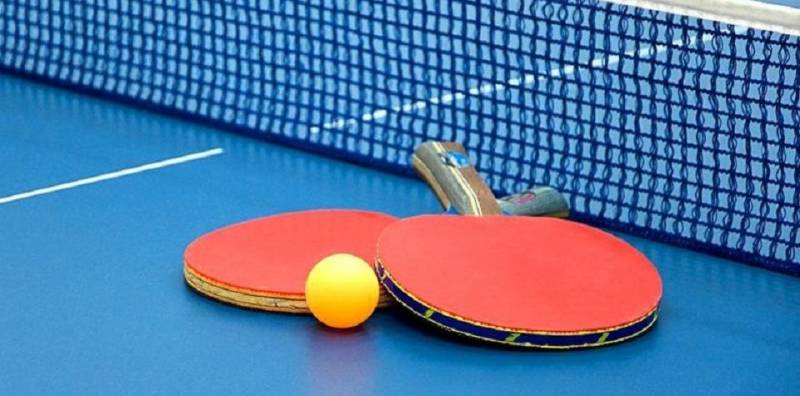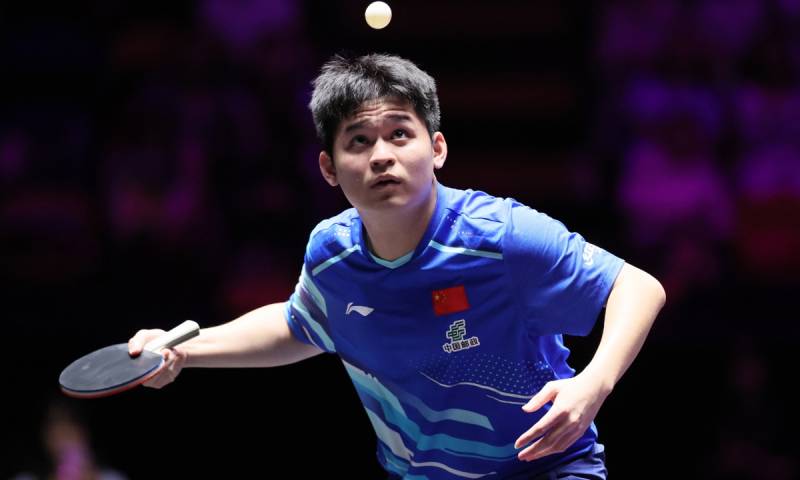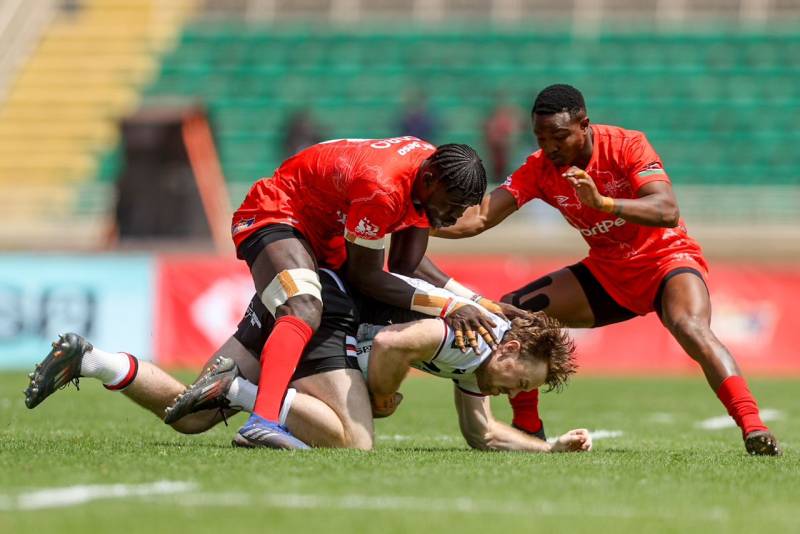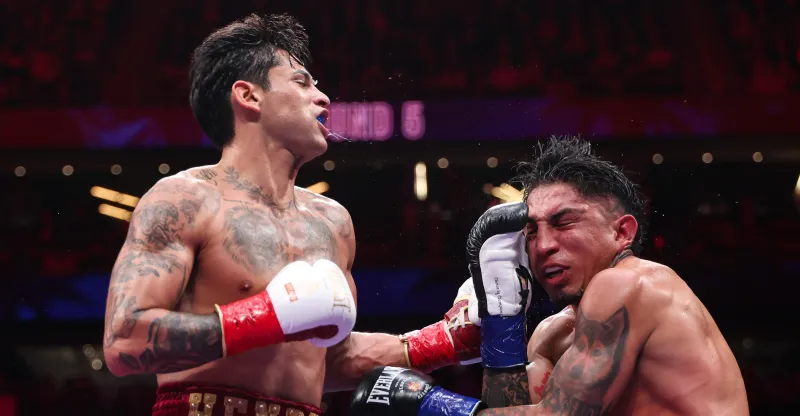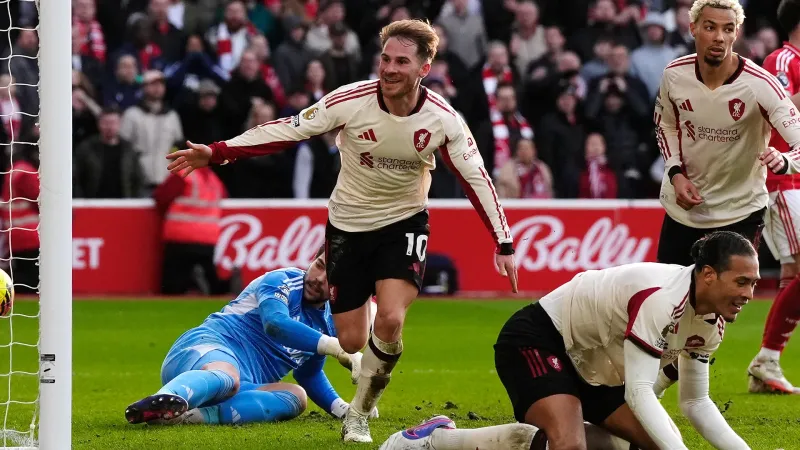No sooner had Frances Tiafoe walked off the court after completing the biggest win of his career to reach the US Open quarter-finals than he looked up at his player box where his parents, Frances Sr and Alphina Kamara, beamed down with pride amid deafening roars from the Arthur Ashe Stadium crowd.
“To see them experience me beat Rafa Nadal?” recalled Tiafoe, a 24-year-old from Hyattsville, Maryland, who is seeded 22nd at Flushing Meadows. “They’ve seen me have big wins, but to beat those Mount Rushmore guys, for them, I can’t imagine what was going through their heads. They’re going to remember today for the rest of their lives.”
By toppling Nadal in four sets and ending the Spaniard’s 22-match win streak at major tournaments, Tiafoe has become the youngest American man to reach the last eight at the US Open since Andy Roddick in 2006. He will attempt to extend his dream one step further on Wednesday at the world’s biggest tennis stadium when he faces ninth-seeded Andrey Rublev for a spot in the semi-finals.
Read Also: How to Encrypt a PDF Using Python
The American’s extraordinary backstory has been well-documented in tennis circles for years, but Tiafoe’s headline-grabbing win on Monday in one of the few events where the US mainstream leans forward and pays attention – which earned him shoutouts from NBA superstars LeBron James and Joel Embiid – has amplified it to a wider audience than ever before. And what a story it is.
Tiafoe’s parents each fled from Sierra Leone separately during the African nation’s civil war in the early 1990s and settled in Maryland, where they met. Frances Sr, who had worked in the diamond mines of his native country, found work on the construction crew that was building the Junior Tennis Champions Center, the Washington DC area’s premier training facility located next to the University of Maryland campus in College Park. After becoming the site’s permanent maintenance man, Frances Sr was given permission to convert a spare office with one window into a living space for him and his twin sons, Frances and Franklin, where they spent five nights of the week sleeping on a massage table while Alphina worked overnight shifts as a nurse.
While their father worked long hours on the indoor-outdoor complex, the boys taught themselves tennis, making do with whatever discarded equipment was lying around. Frances’s precocious ball-striking and insatiable thirst to improve earned him a free spot in the JTCC’s after-school program, and eventually the full-time training academy. But not until he earned his first sponsorship aged 12 did he finally have a racket of his own. “Us being around tennis was [about] getting out of our neighborhood, my dad kind of being able to watch us,” Tiafoe recalled in Monday’s dizzying aftermath. “It wasn’t anything supposed to be like this.”
After first making his mark internationally by winning the under-14 world championship at the prestigious Le Petits As tournament in France, Tiafoe made even splashier headlines the following year when, aged 15, he became the youngest ever player to win the Orange Bowl, one of the world’s top events for 18-and-under boys. Less than two years later, he turned pro after signing with Jay Z’s Roc Nation Sports agency and made his grand slam main-draw debut at the 2015 French Open. By year’s end, he was already being hailed as the future of men’s tennis in the United States, taking inspiration from two African American stars on the other side of the country who came from nothing to reach the pinnacle of a sport run by people who didn’t look like them.
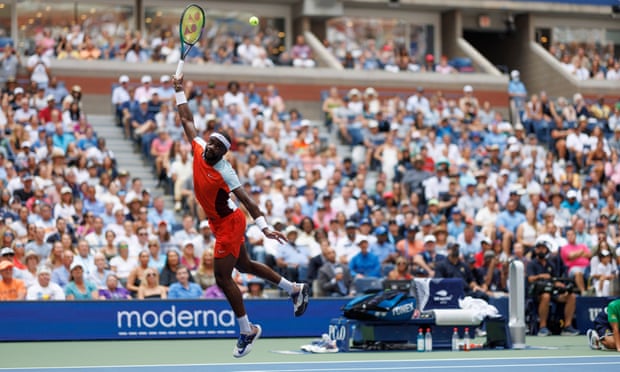
“Watching Serena and Venus play finals of grand slams at that time, when I was super young, I was like, how cool would it be to play Wimbledon, to play on Arthur Ashe and stuff like that,” Tiafoe said. “I just had a big passion for the game. Not even mainly for me, but to do it for [my parents].”
After three years of charting modest but steady progress up the rankings, Tiafoe made his grand slam breakthrough with a quarter-final run at the 2019 Australian Open, where he lost to Nadal in straight sets. That propelled him into the ATP’s top 30, but he struggled to immediately build on the result and the heightened expectations that came with it, going nearly two more years before playing into the second week of a major again. “I wasn’t ready for it mentally,” Tiafoe reflected on Monday. “I wasn’t mature enough for those moments. These last couple years when the attention hasn’t been on me, I’ve been able to develop. I have a great team behind me. I’ve been putting my head down, just happy where I am in life in general.”
What’s changed? Tiafoe has made great strides with his serve and recommitted himself to his fitness, giving him greater confidence in deeper waters. He’s absorbed the mental lessons from years of bruising setbacks against the tour’s elite. Instead of going out to dinner after his matches, he’s content to order in from Uber Eats (where, he notes, Morton’s The Steakhouse has come through in spades). Now after showing well at his home grand slam by reaching the fourth round in 2020 and 2021, there’s this: a golden chance in a wide-open draw to end a major championship drought for American men that stretches back nearly two decades to Roddick’s US Open triumph in 2003.
“Yeah, slams, crazy things can happen,” Tiafoe said. “Especially here in New York. It’s going to be a fun ride come Wednesday.”
